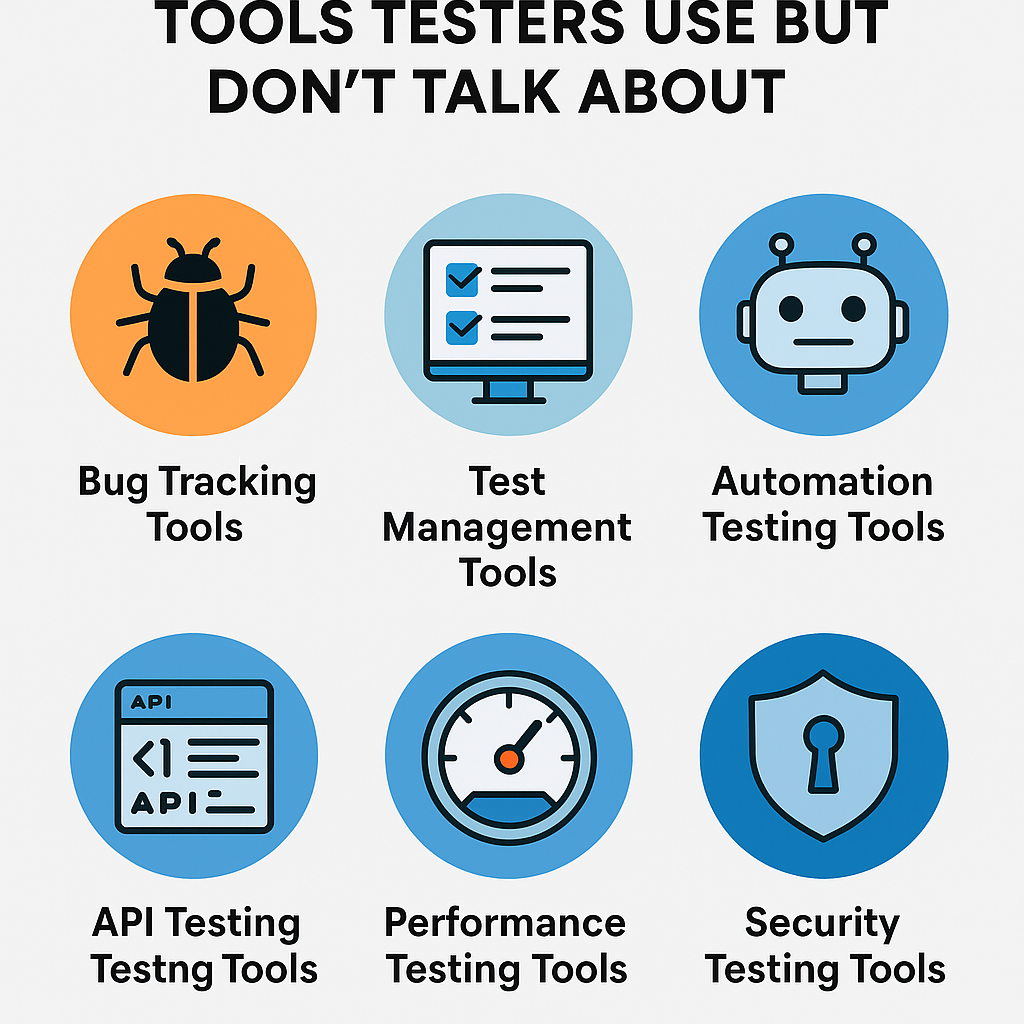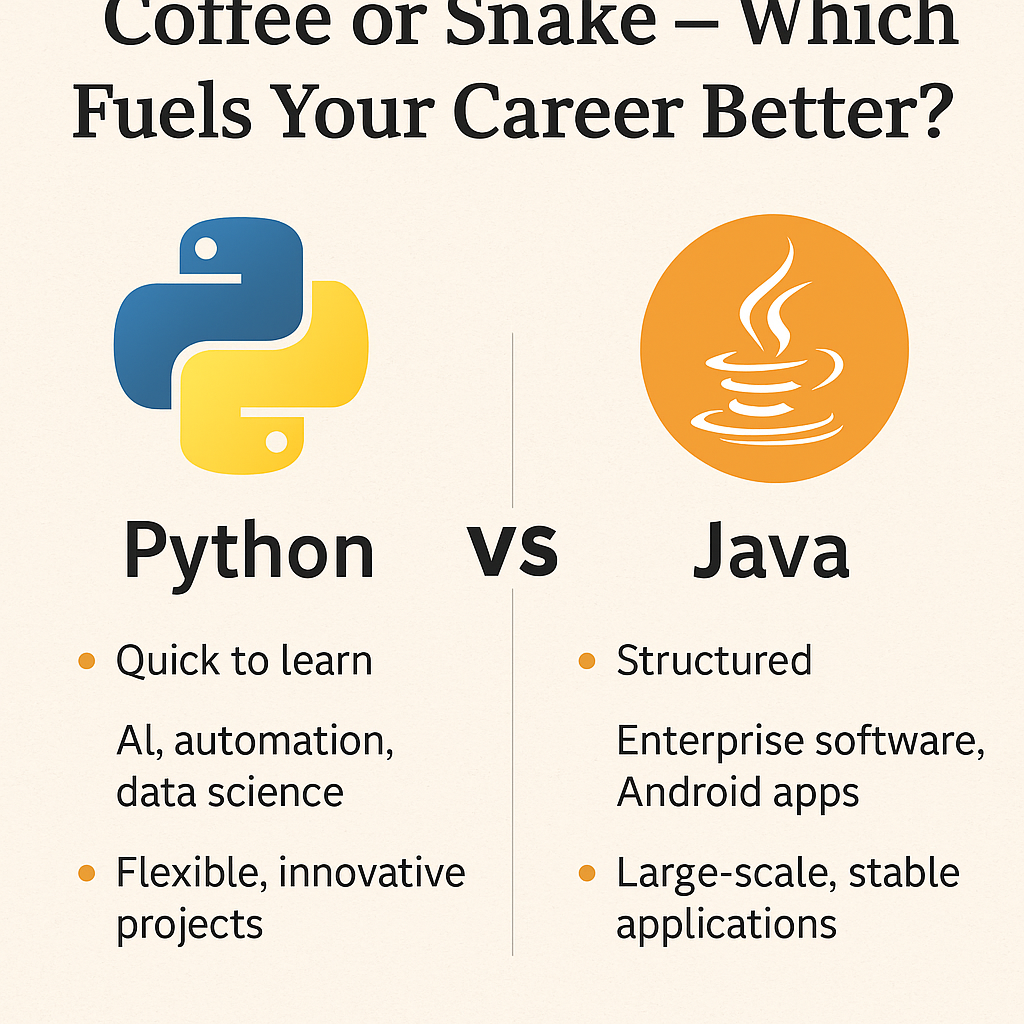Understanding what your project needs to achieve is critical for its success. In business analysis, this is where requirement gathering comes in. It provides the foundation for building a product or service that meets the needs of all stakeholders.
What is Requirement Gathering?
Requirement gathering is the process of uncovering the needs, wants, and expectations of stakeholders involved in a project. It involves a series of activities to identify, document, and understand these requirements.
Why is Requirement Gathering Important?
- Reduces project risk: By clearly defining requirements upfront, you avoid misunderstandings and ensure everyone is on the same page.
- Improves project outcomes: A well-defined set of requirements leads to a product that meets user needs and delivers value.
- Increases stakeholder satisfaction: When stakeholders feel their voices are heard, they’re more likely to be invested in the project’s success.
The Requirement Gathering Process
- Identify Stakeholders:
- Stakeholders are individuals or groups impacted by the project. This includes end-users, decision-makers, and anyone with a vested interest.
- Understanding stakeholder needs and perspectives is crucial for comprehensive requirement gathering.
- Elicit Requirements:
- Elicitation involves various techniques to uncover stakeholder requirements. Here are some common methods:
- Interviews: One-on-one discussions to delve into individual needs and pain points.
- Workshops: Group sessions to brainstorm ideas, foster collaboration, and gain diverse perspectives.
- Document Analysis: Reviewing existing documents like process flows, reports, and system manuals.
- User observation: Witnessing stakeholders in their work environment to understand their workflow and challenges.
- Effective communication and active listening are key during elicitation.
- Elicitation involves various techniques to uncover stakeholder requirements. Here are some common methods:
- Analyze and Document Requirements:
- Once gathered, requirements need to be analyzed for clarity, completeness, feasibility, and potential conflicts.
- Documented requirements become the official reference point for the project and should be clear, concise, and well-organized.
- Validate Requirements:
- Confirmation is essential! Ensure stakeholders agree with the documented requirements to avoid misunderstandings later.
- Validation can involve walkthroughs, demos, or reviews with stakeholders.
Types of Requirement Gathering
- Functional Requirements: Define the specific actions the system or product should perform.
- Non-Functional Requirements: Address performance aspects like security, usability, reliability, and scalability.
- Business Requirements: Focus on the overall business objectives the project aims to achieve.
By effectively gathering requirements, business analysts lay the groundwork for successful project delivery. This ensures the final product meets stakeholder needs and delivers tangible business value.
Effective Requirement Gathering Practices
- Identify all stakeholders: Ensure you involve everyone who will be impacted by the project.
- Ask open-ended questions: Encourage detailed responses to gain a deeper understanding of needs.
- Actively listen: Pay close attention to verbal and nonverbal cues to grasp underlying concerns.
- Clarify and confirm: Rephrase and paraphrase to ensure you understand requirements correctly.
- Document everything: Keep a clear record of all gathered requirements.
Conclusion
Requirement gathering is an ongoing process throughout a project. By following these techniques and best practices, business analysts can ensure they have a comprehensive understanding of stakeholder needs, leading to a successful project outcome.
Business Analyst related training Program
requirement gathering, business analysis, requirements, stakeholders, project success, business analysis training,












